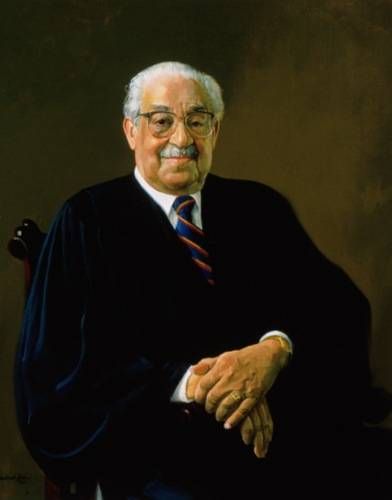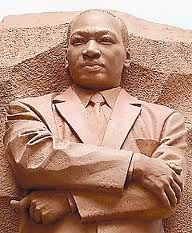This is your morning Open Thread. Pour a cup of your favorite morning beverage and review the past and comment on the future.
Find the past “On This Day in History” here.
August 31 is the 243rd day of the year (244th in leap years) in the Gregorian calendar. There are 122 days remaining until the end of the year.
I am very hesitant to make the death of Princess Diana the prominent story of the day but her death was a tragedy on so many levels that it is not surprising that the world nearly stood still for 6 days until her funeral. There are many things that we remember exactly where we were and what we were doing when they happened, like 9/11 and, for those of us old enough, JFK’s assassination.
 I was living in Paris then not far from the site of the accident. I had been out to dinner that evening with my then ex-husband, Dr. TMC, when we heard the crash, it was that loud, and shortly after the sirens of emergency vehicles. Not unusual in Paris, so, we continued on to our destinations. It wasn’t until very early that I heard that the Princess had died and where. Paris was stunned. The site became a instant memorial.
I was living in Paris then not far from the site of the accident. I had been out to dinner that evening with my then ex-husband, Dr. TMC, when we heard the crash, it was that loud, and shortly after the sirens of emergency vehicles. Not unusual in Paris, so, we continued on to our destinations. It wasn’t until very early that I heard that the Princess had died and where. Paris was stunned. The site became a instant memorial.
We all sat glued to the TV for days waiting for the Queen to say something. The Queen badly underestimated the admiration that was held her former daughter-in-law. The day of her funeral Paris froze, the only time I have ever seen the city this quiet was on 9/11.
After being criticized for failing to satisfactorily match the grief of the British people, the royal family arranged for a state funeral to be held for Diana at Westminster Abbey on September 6. Diana’s coffin was taken from Kensington Palace to the Abbey on a horse-drawn gun carriage, and an estimated one million mourners lined the route. Diana’s sons, William, 15, and Harry, 12, joined their father, Prince Charles; grandfather Prince Philip; and uncle Charles, the Earl of Spencer, to walk the final stretch of the procession with the casket. The only sound was the clatter of the horses’ hooves and the peal of a church bell.
The service, watched by an estimated two billion people worldwide, sacrificed royal pomp for a more human touch. Workers associated with Diana’s various charities represented 500 of the 2,000 people invited to attend the funeral. Elton John, a friend of Diana, lent a popular touch to the ceremony when he sang “Candle in the Wind,” accompanying himself on piano. After the service, Diana’s body was taken by hearse to her family’s ancestral estate near Althorp, north of London. In a private ceremony, she was laid to rest on a tree-shaded island in a small lake, securely beyond the reach of the camera lens.
Since the death of Princess Diana, Althorp, which has been in the Spencer family for over 500 years, is now a popular tourist attraction that offers tours to the general public.
I still light a candle in her memory on this day.
Blessed Be.


 High in the Andes Mountains of Peru, the Inca built a dazzling empire that governed a population of 12 million people. Although they had no writing system, they had an elaborate government, great public works, and a brilliant agricultural system. In the five years before the Spanish arrival, a devastating war of succession gripped the empire. In 1532, Atahuallpa’s army defeated the forces of his half-brother HuÁscar in a battle near Cuzco. Atahuallpa was consolidating his rule when Pizarro and his 180 soldiers appeared.
High in the Andes Mountains of Peru, the Inca built a dazzling empire that governed a population of 12 million people. Although they had no writing system, they had an elaborate government, great public works, and a brilliant agricultural system. In the five years before the Spanish arrival, a devastating war of succession gripped the empire. In 1532, Atahuallpa’s army defeated the forces of his half-brother HuÁscar in a battle near Cuzco. Atahuallpa was consolidating his rule when Pizarro and his 180 soldiers appeared. Welcome to the
Welcome to the 

 His speech,
His speech,
Recent Comments